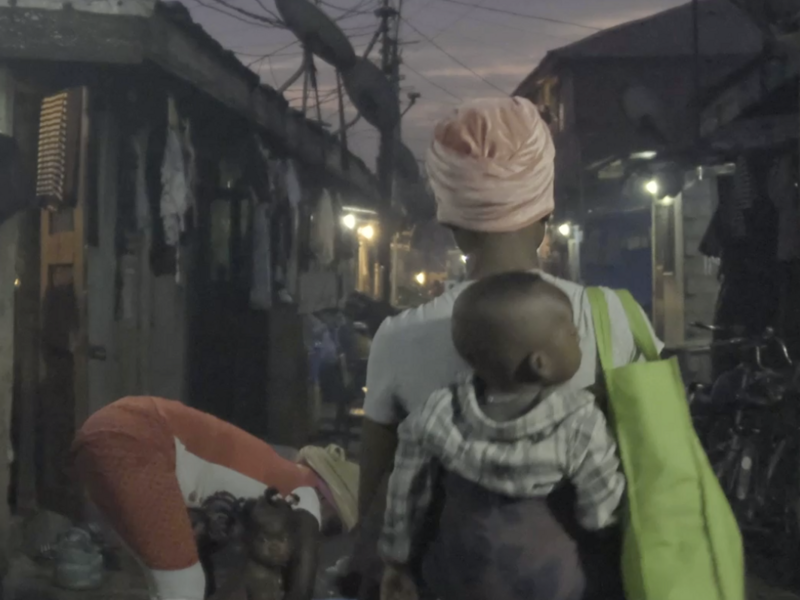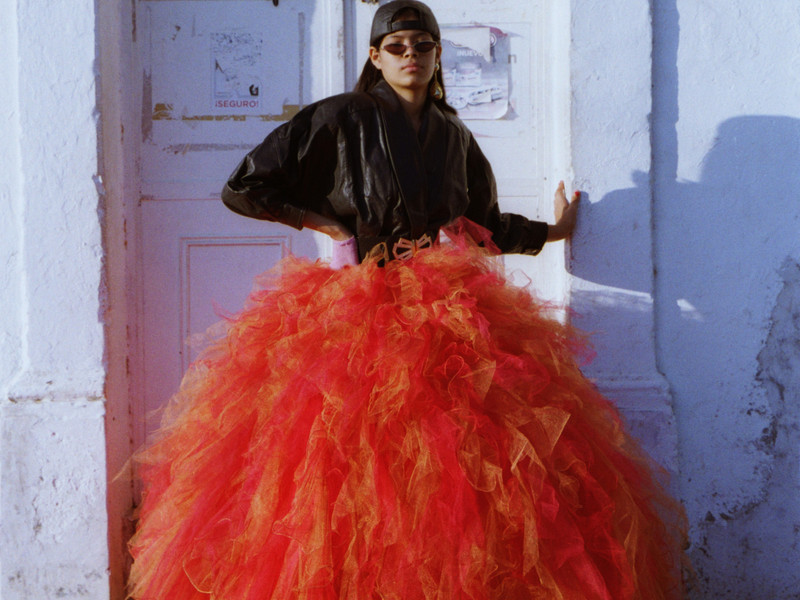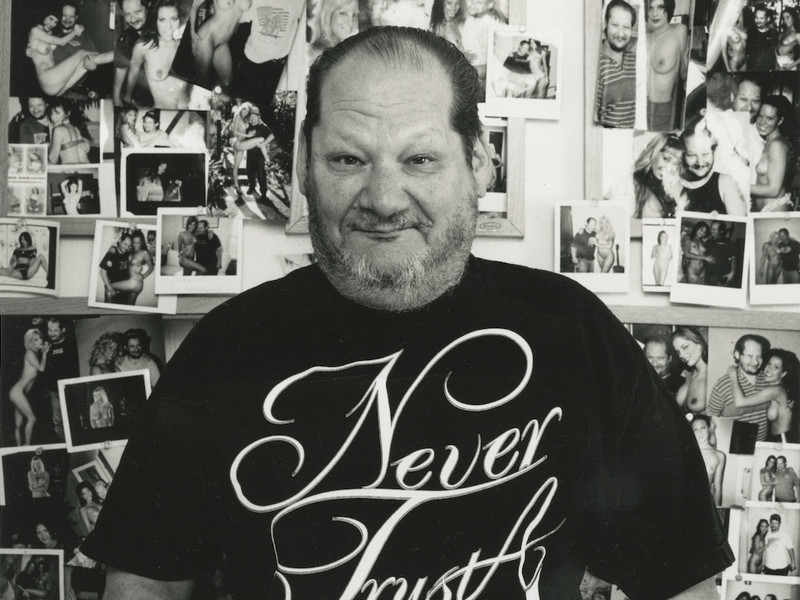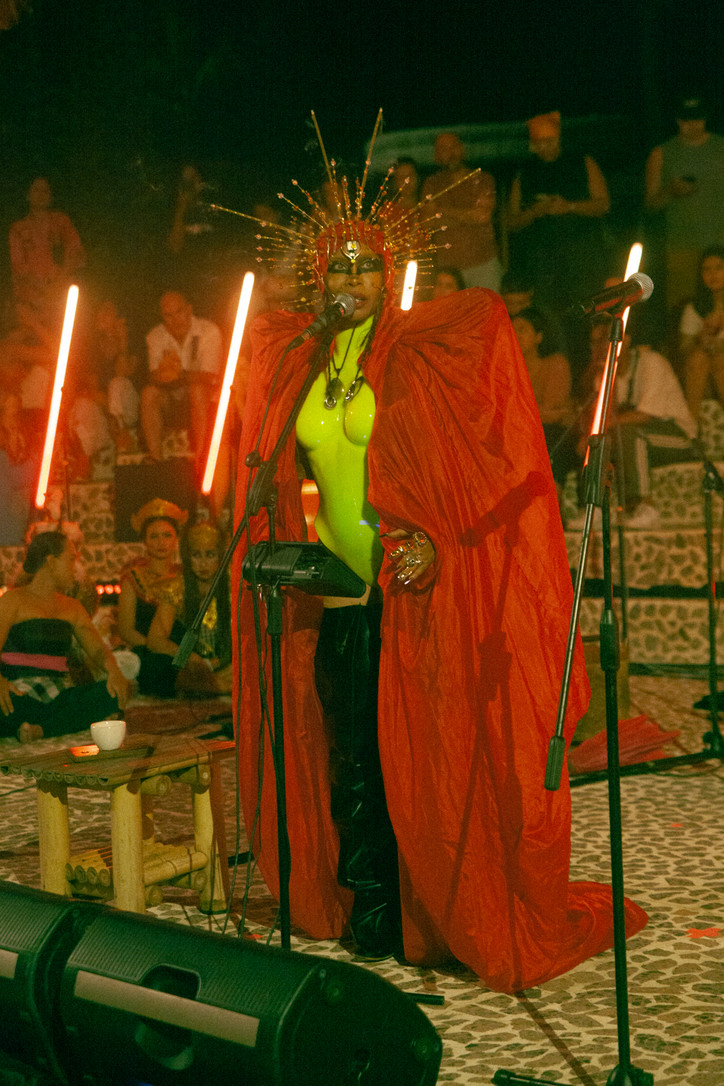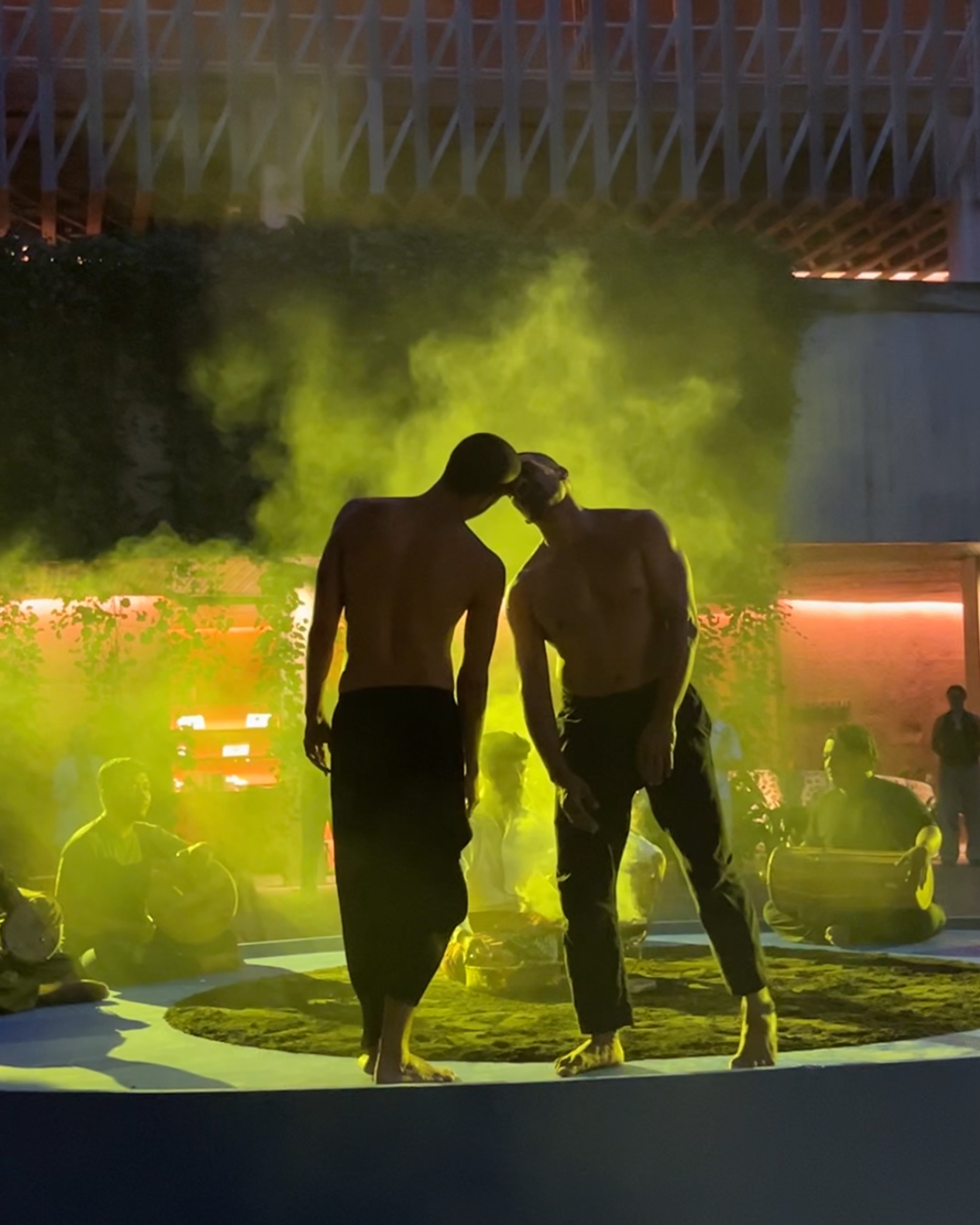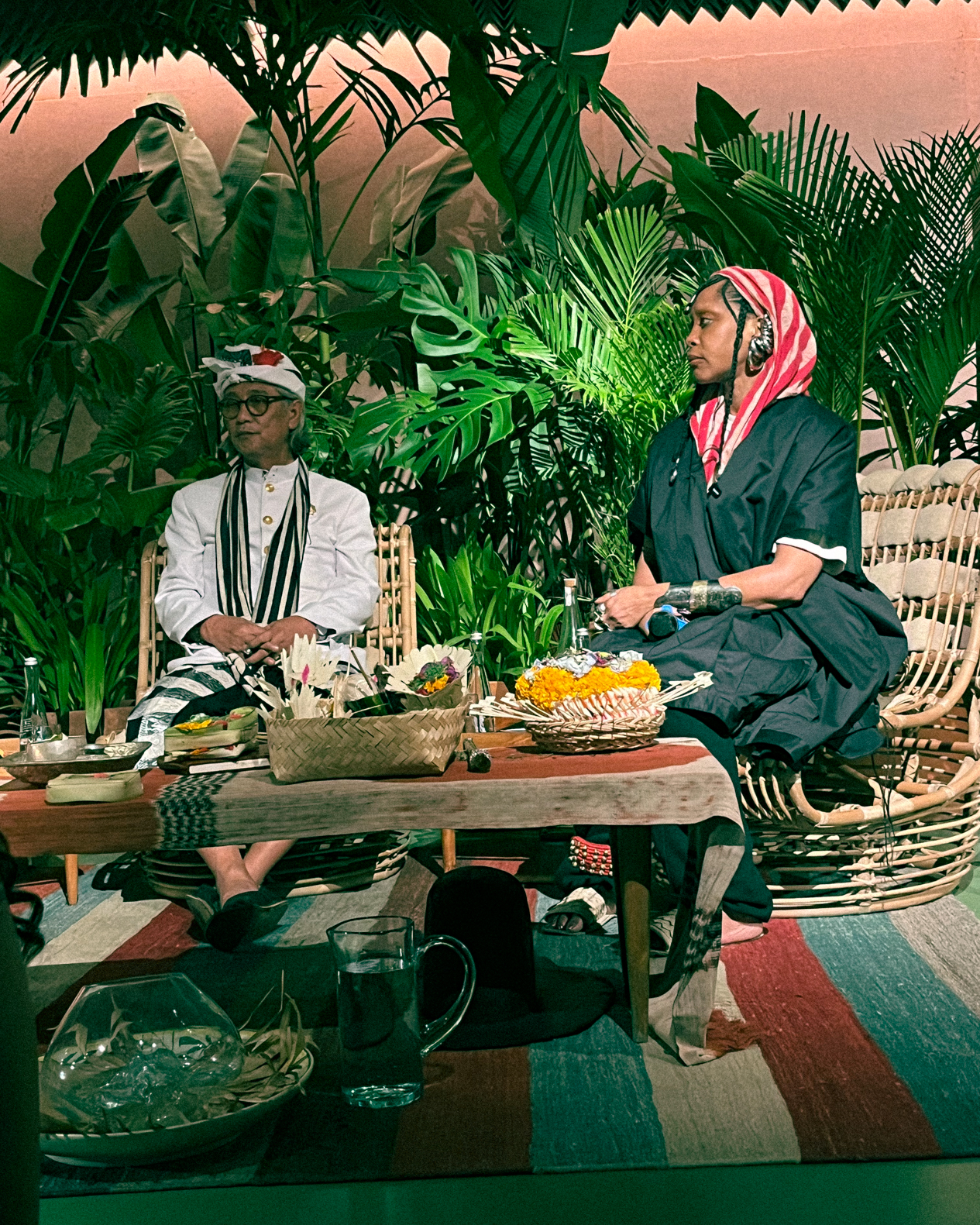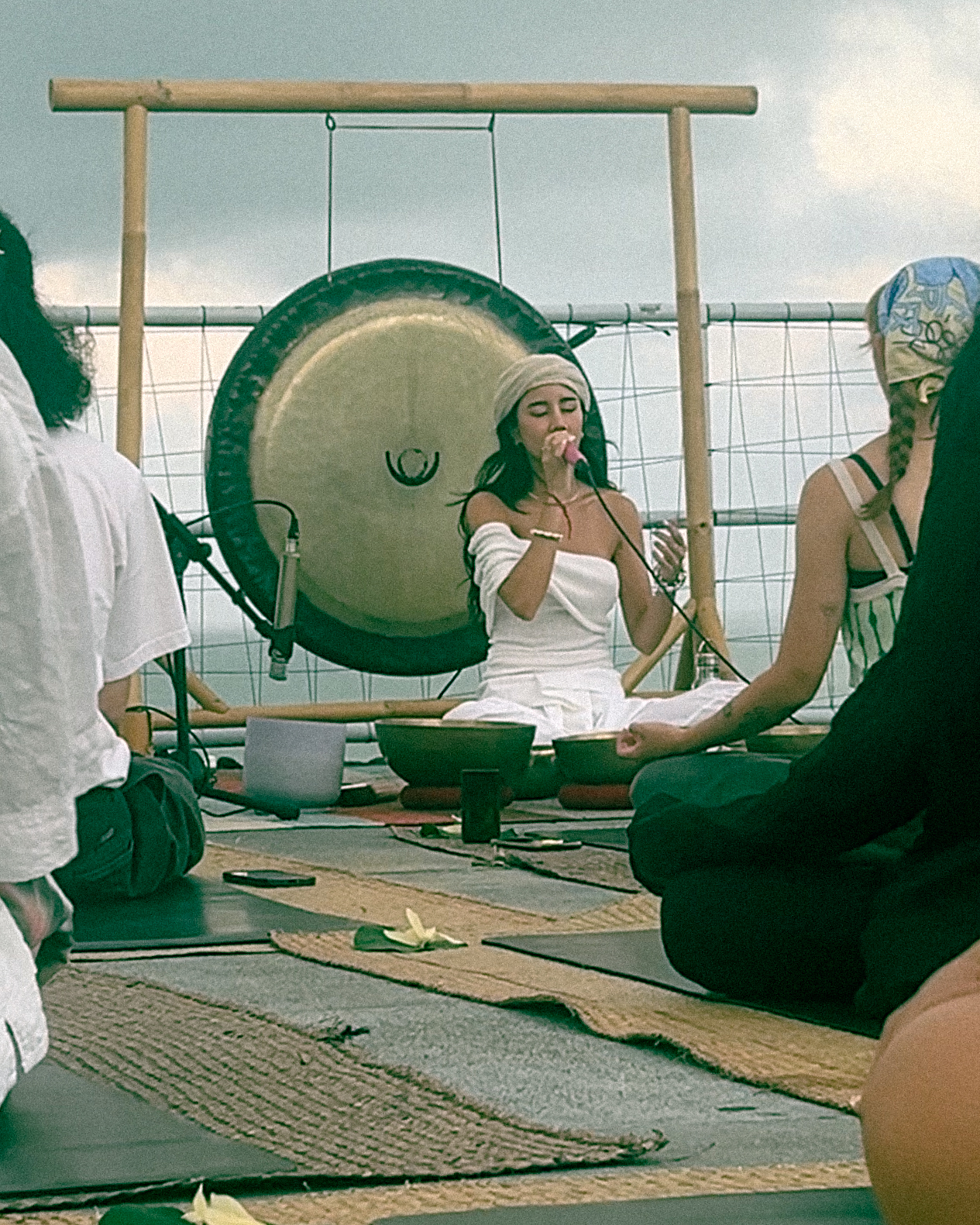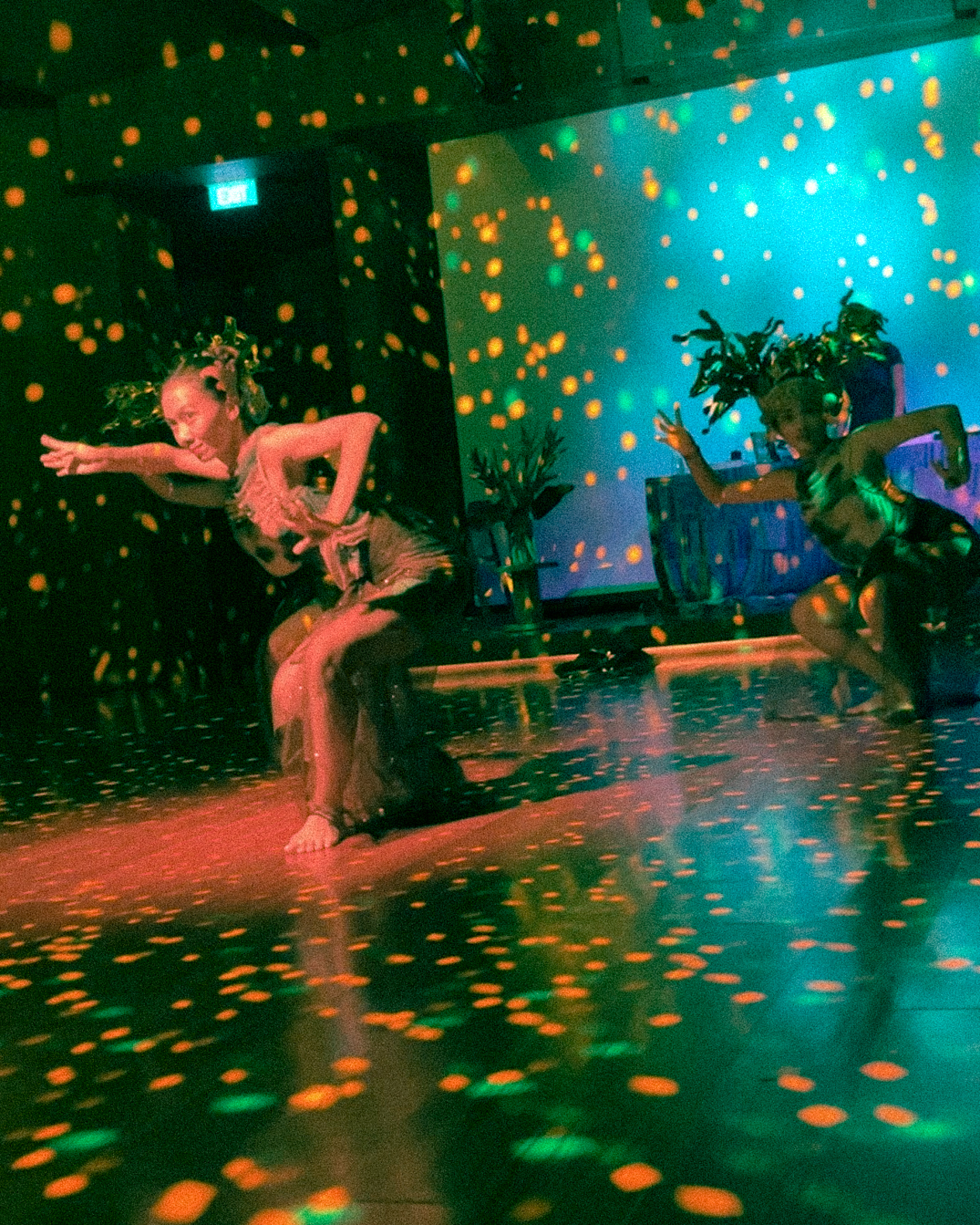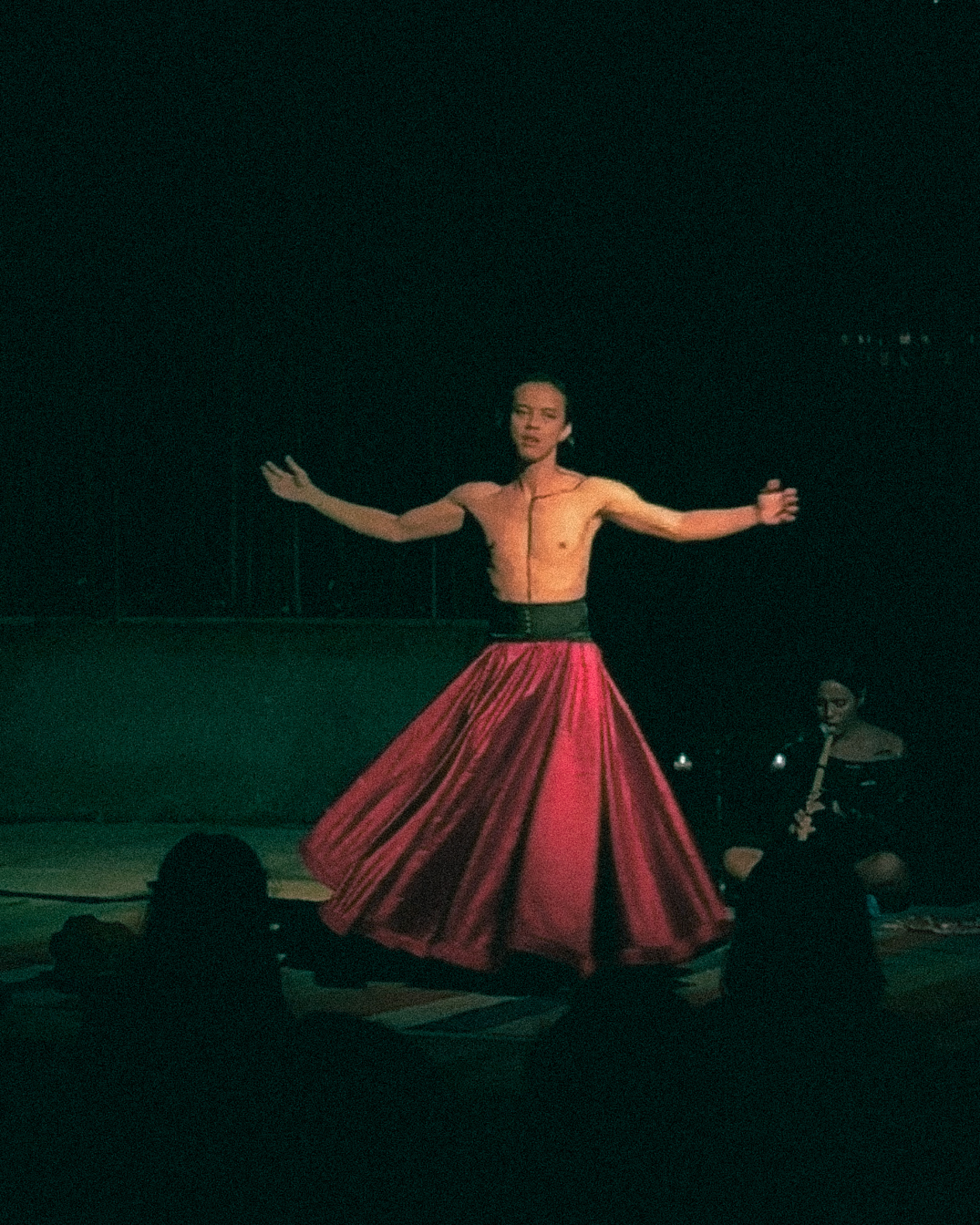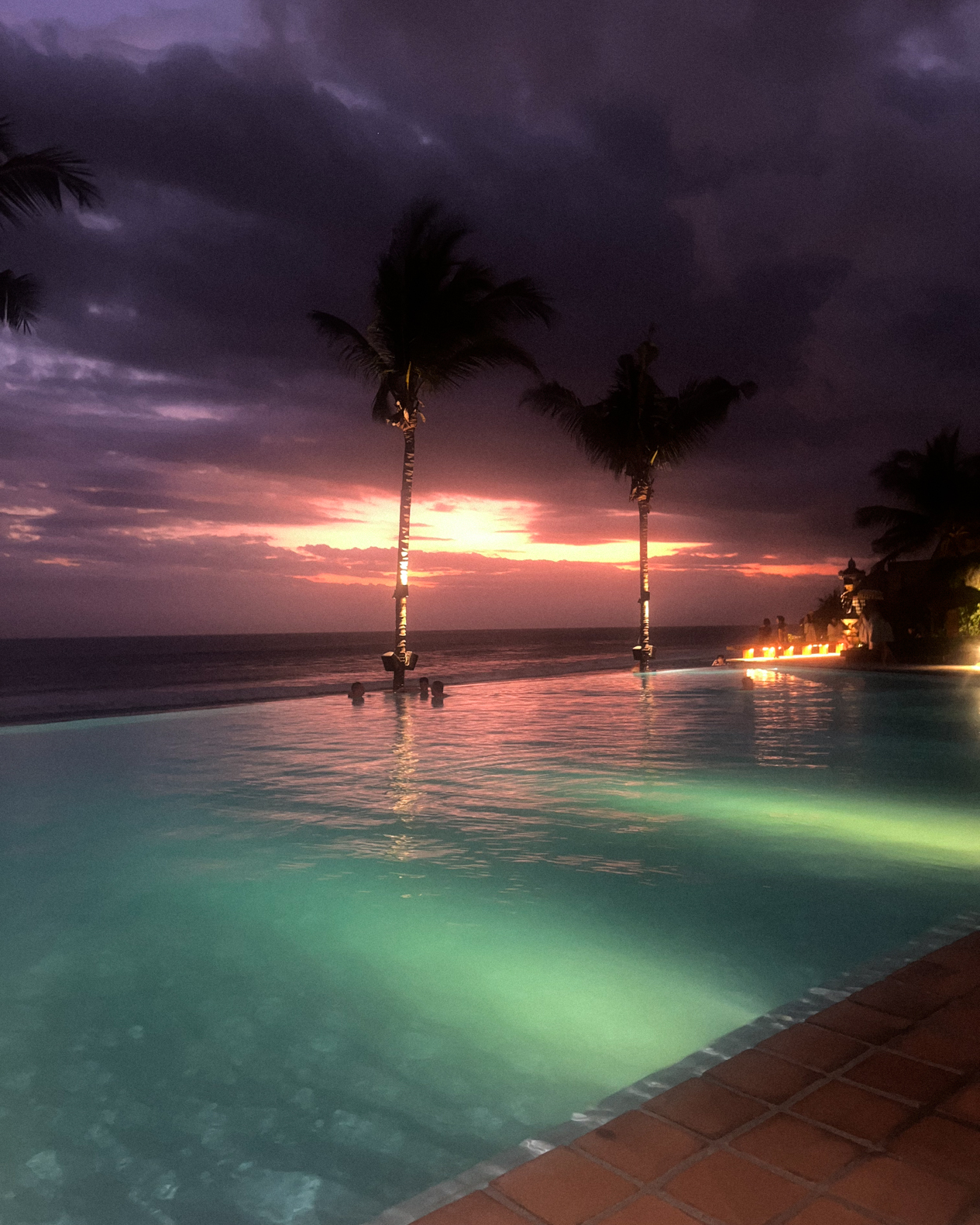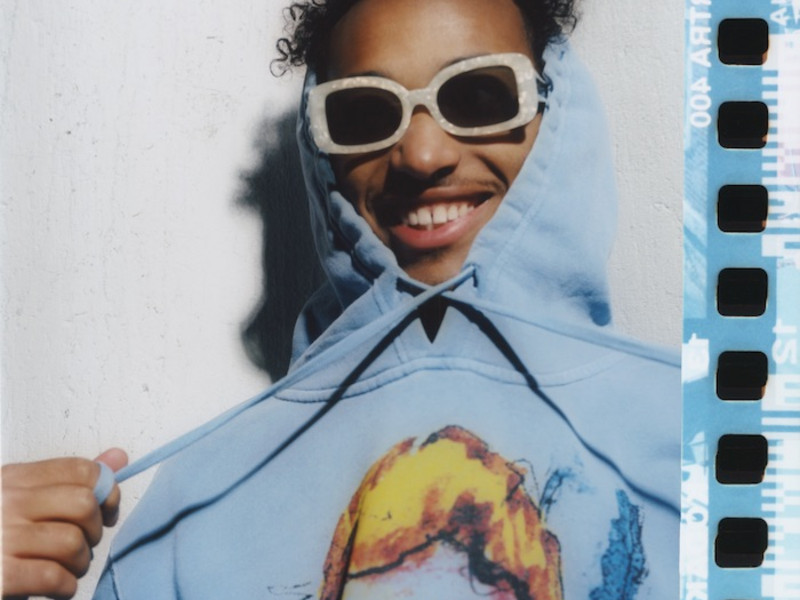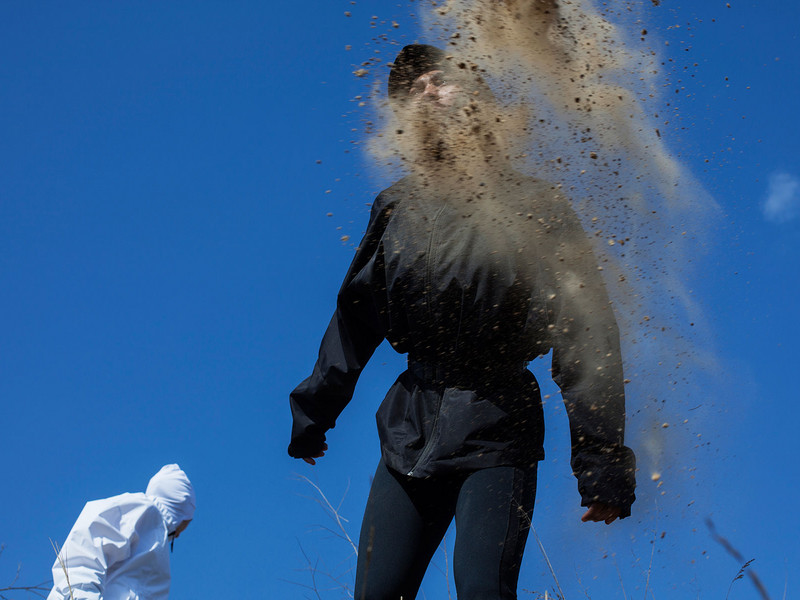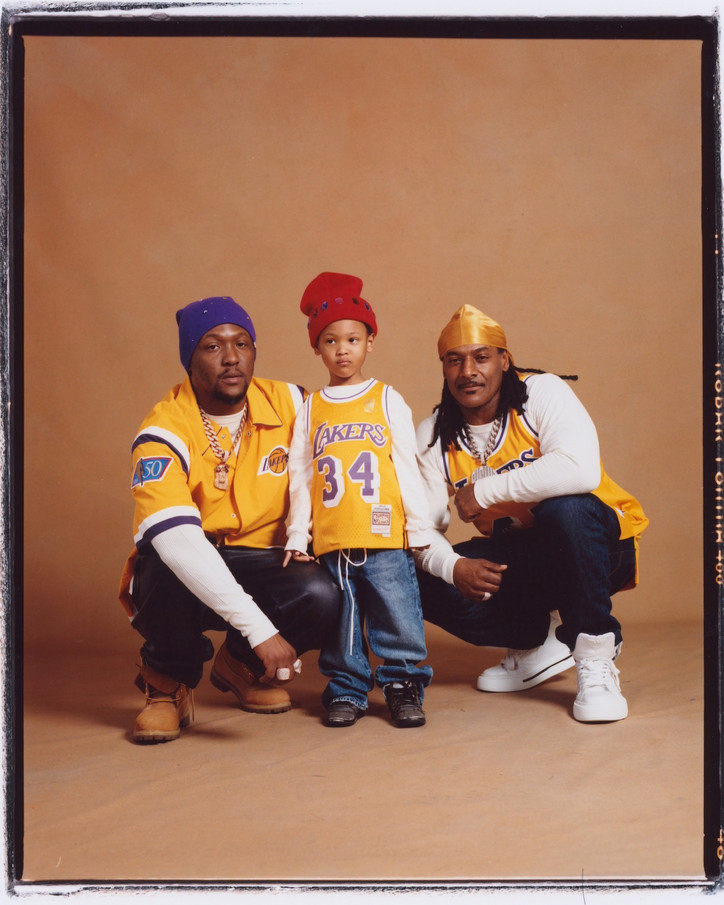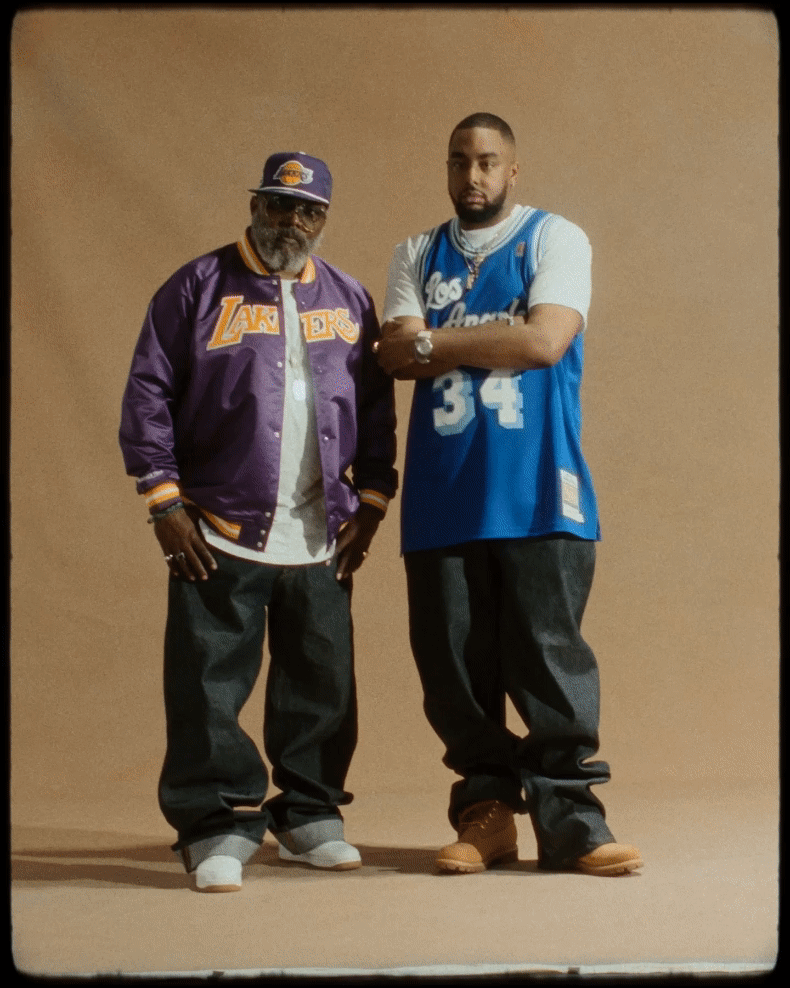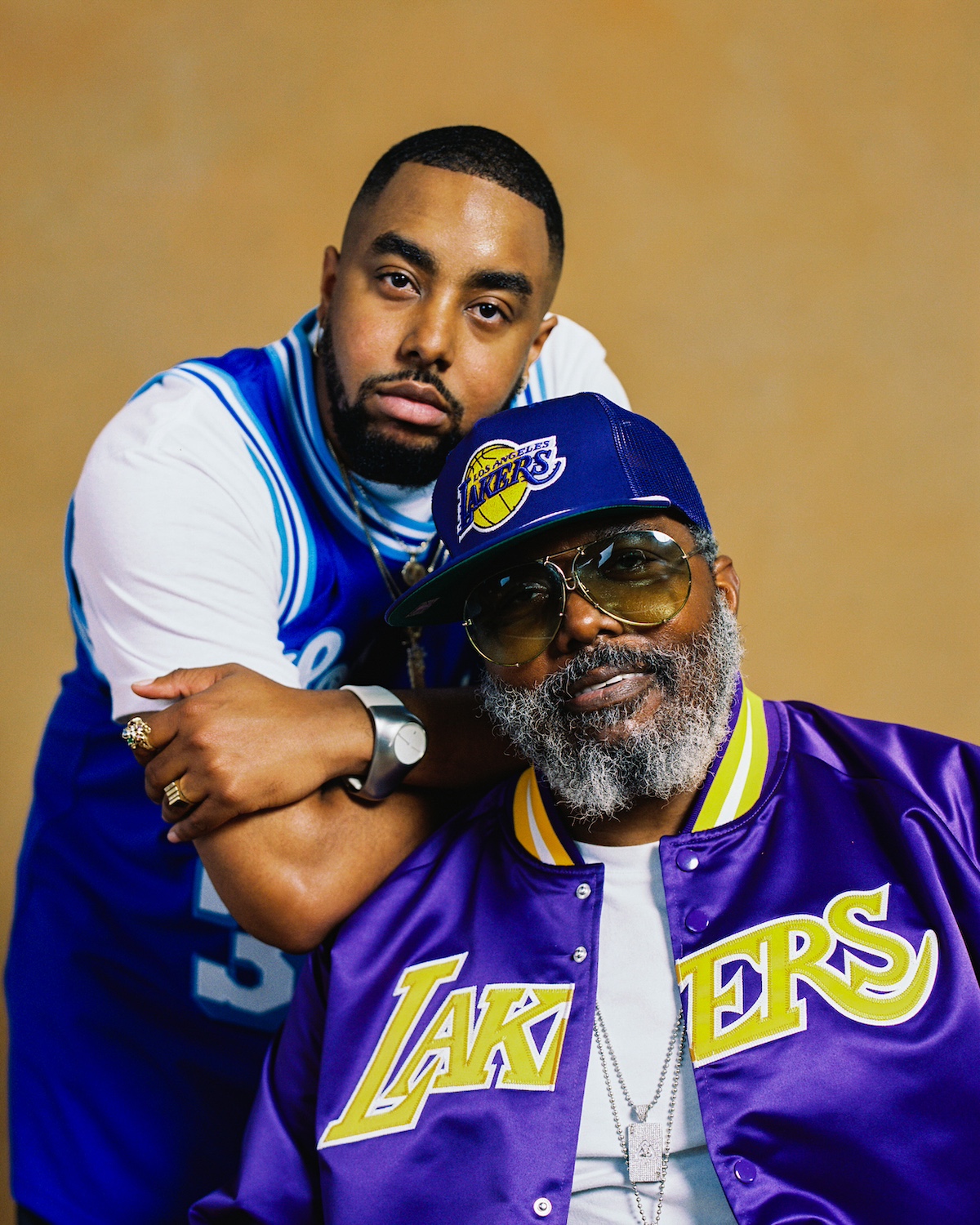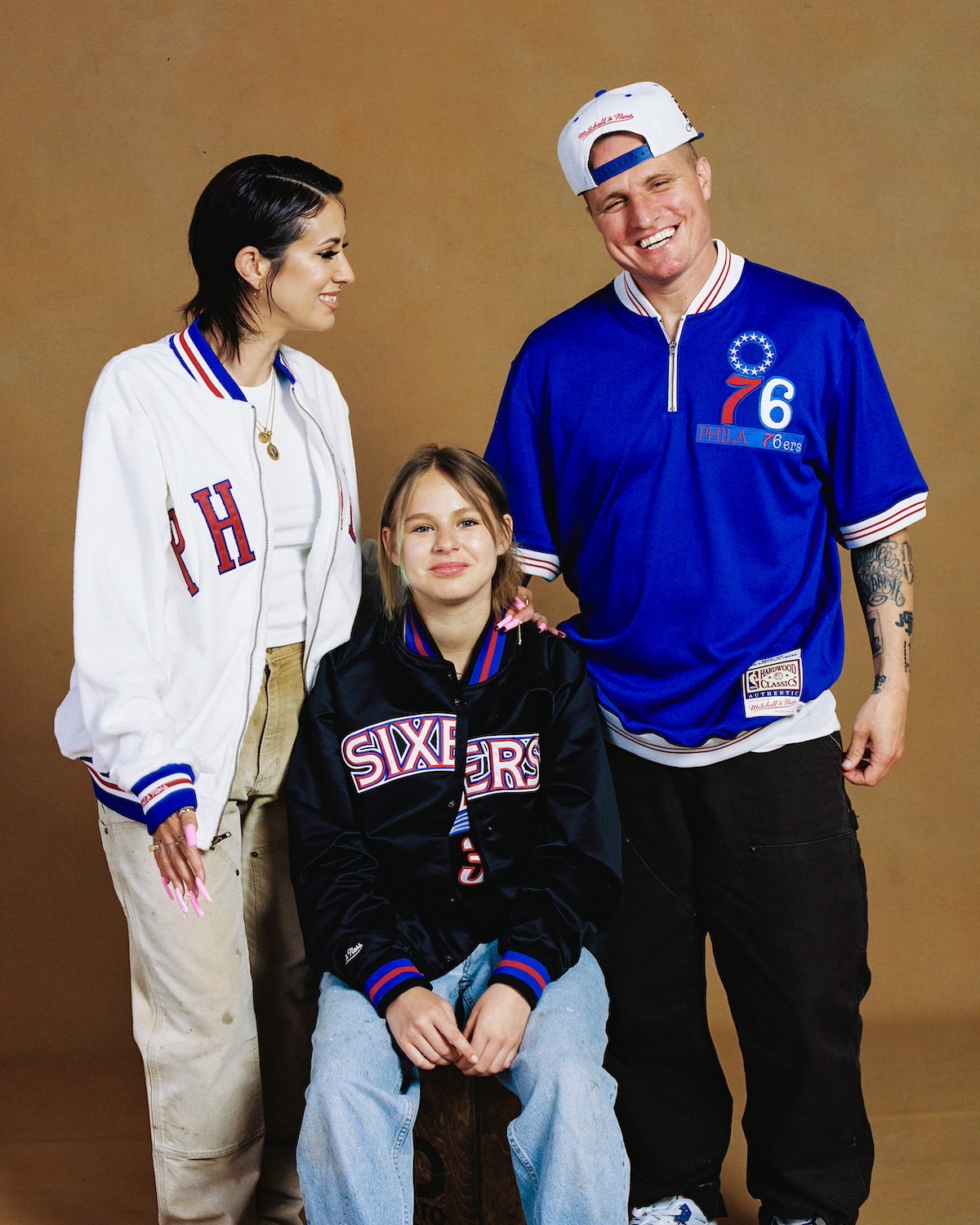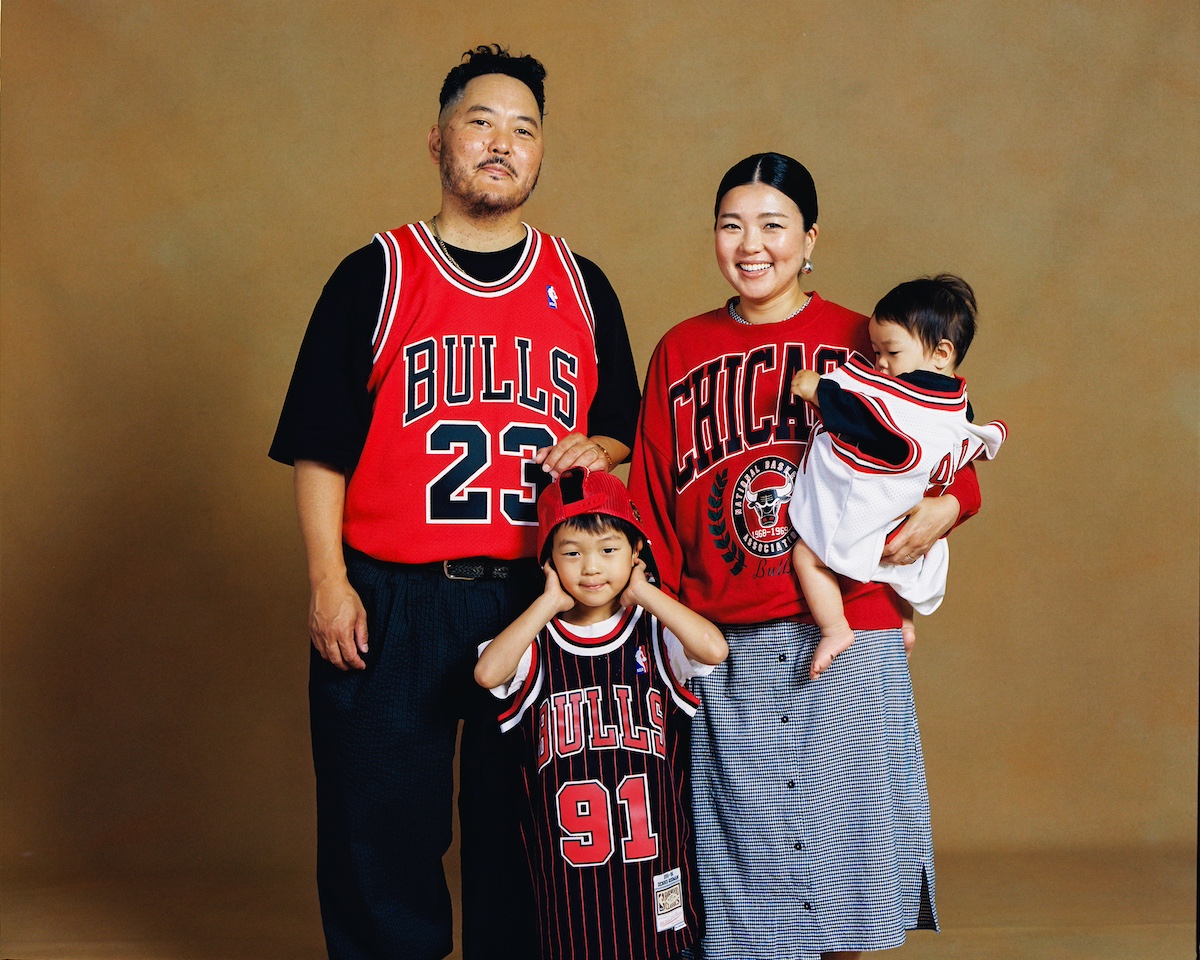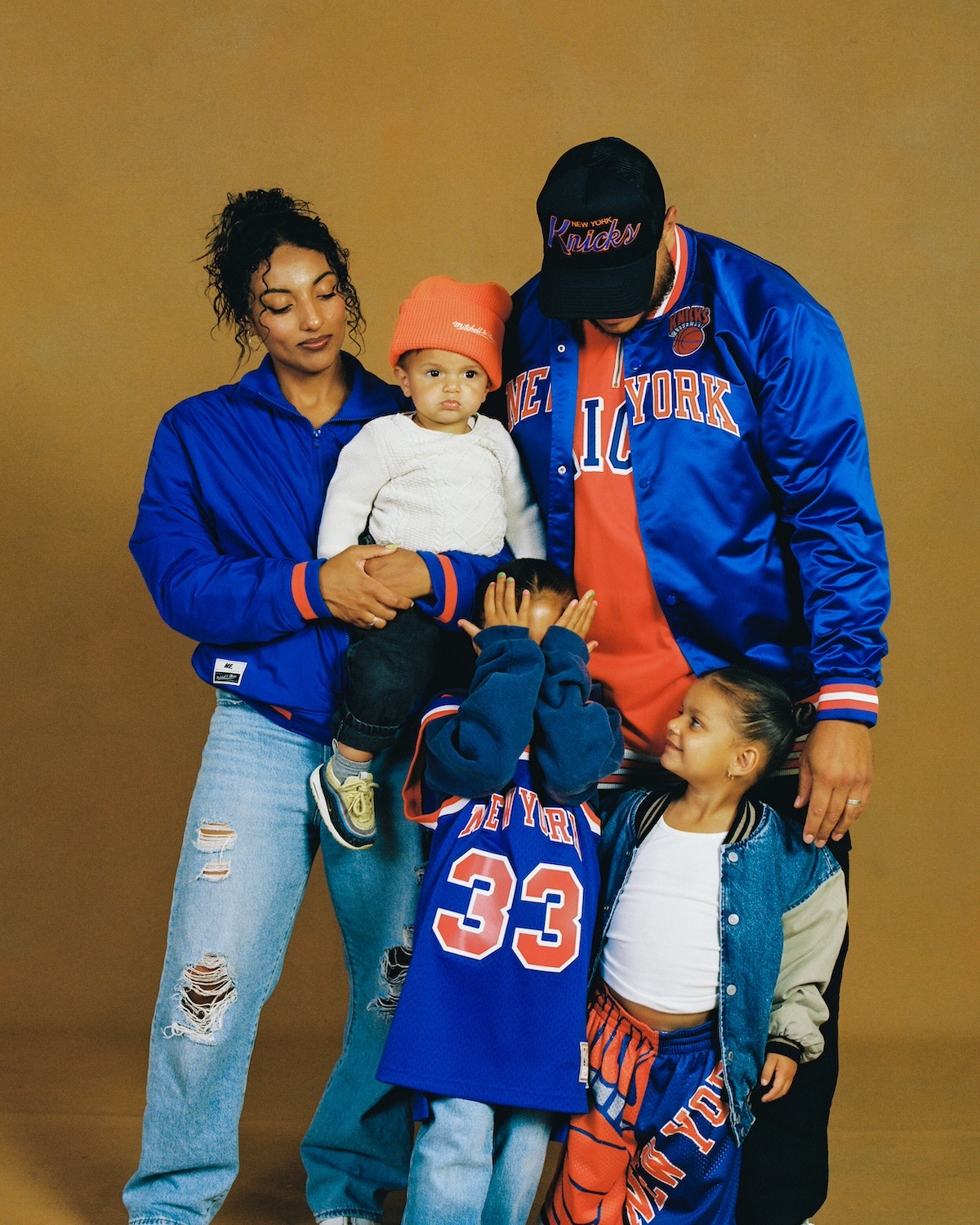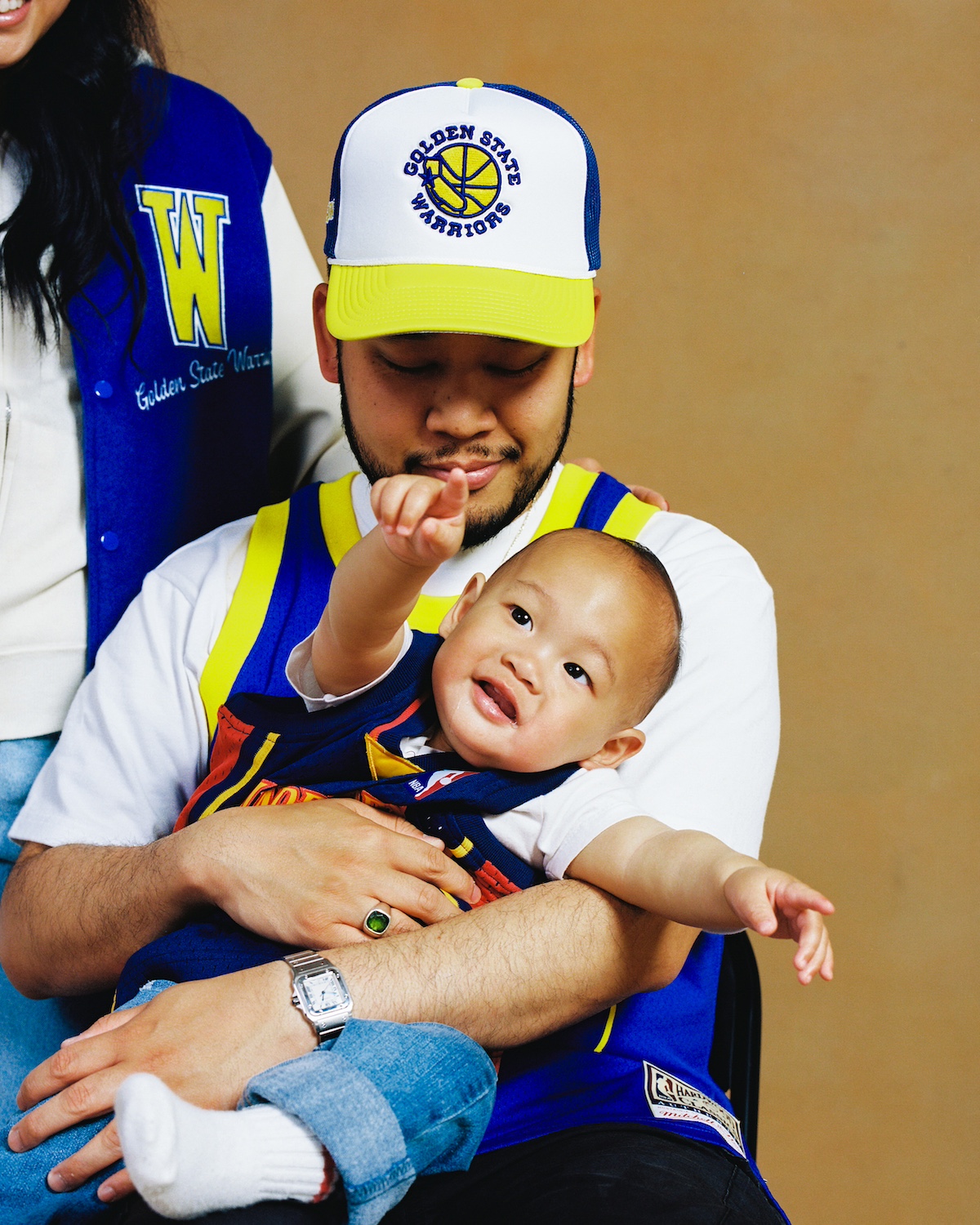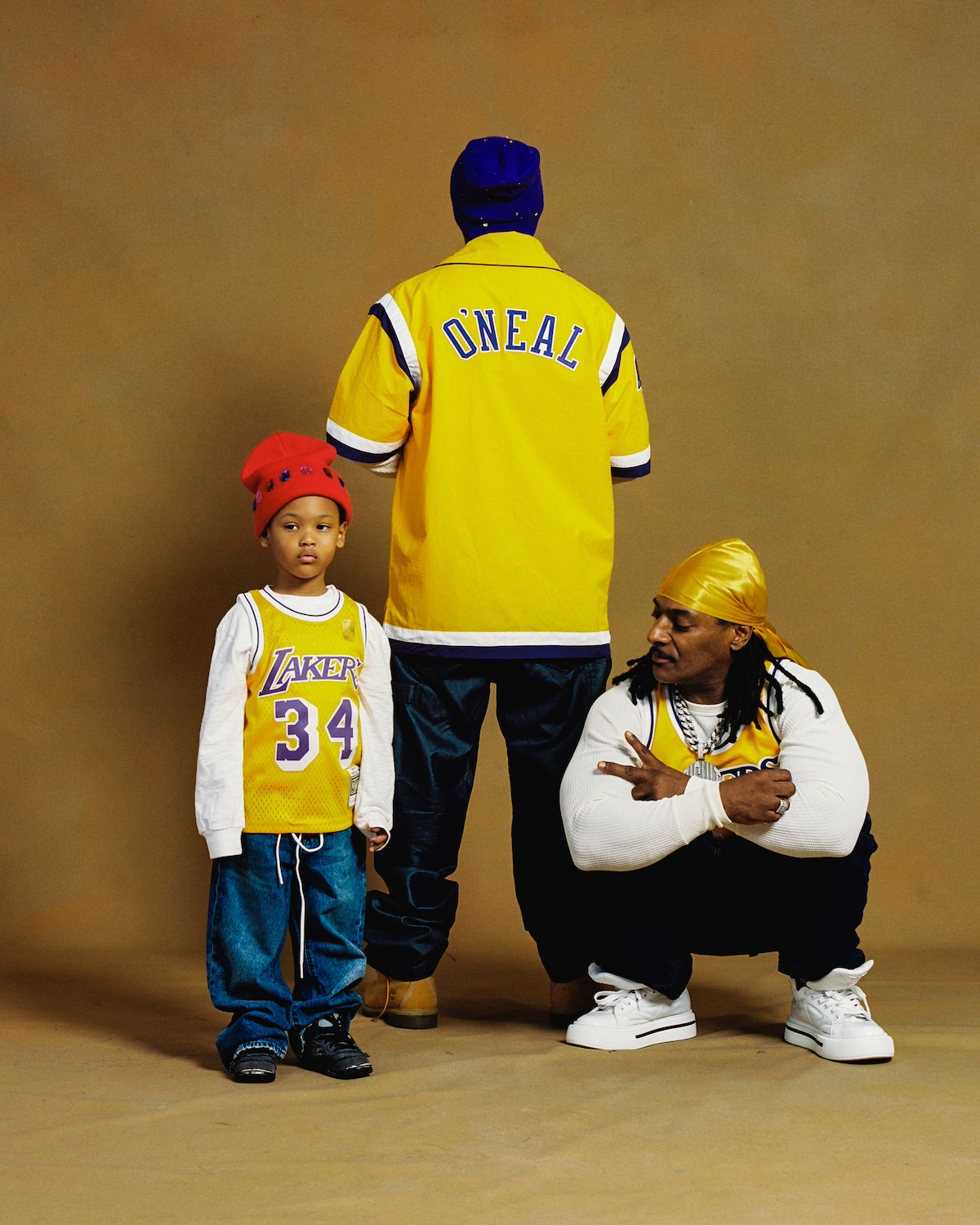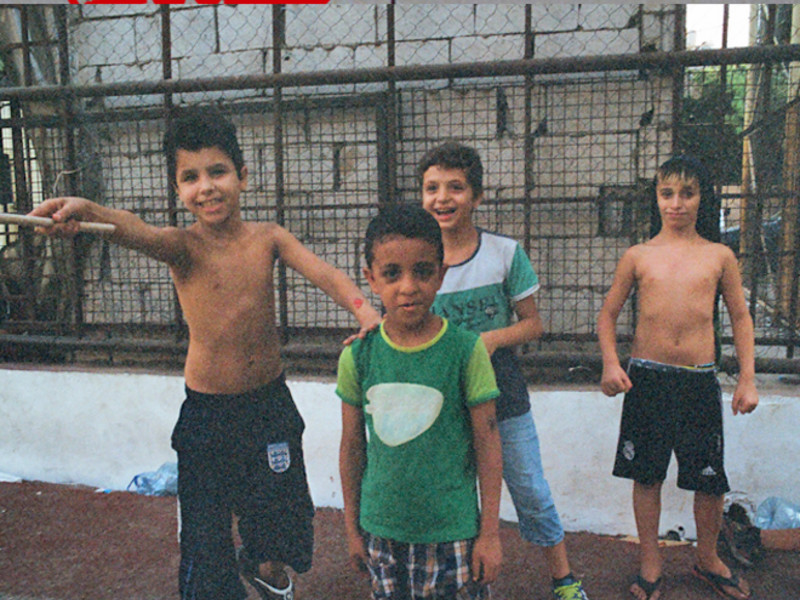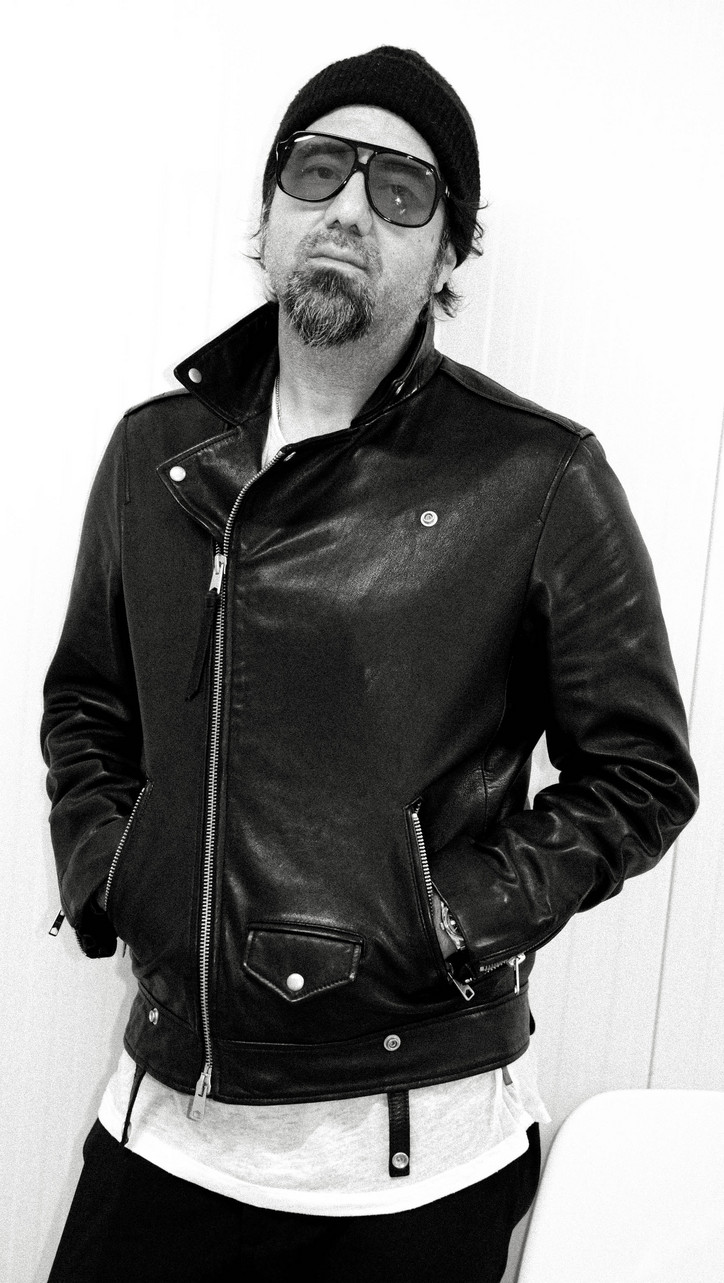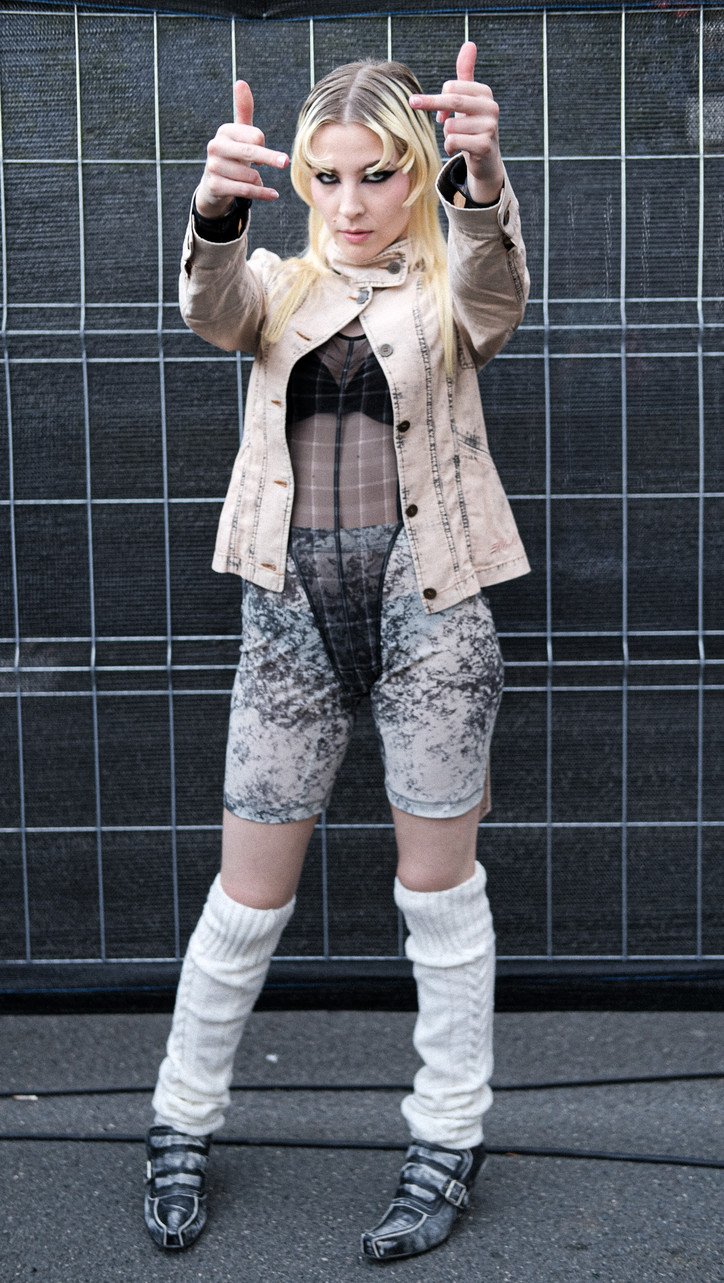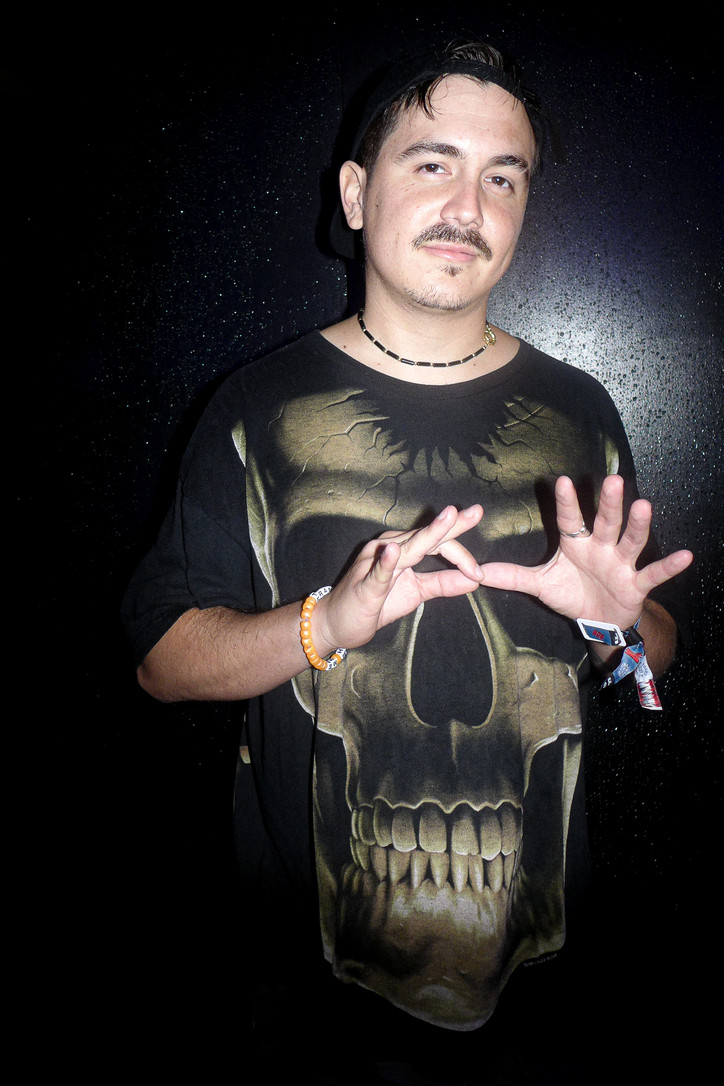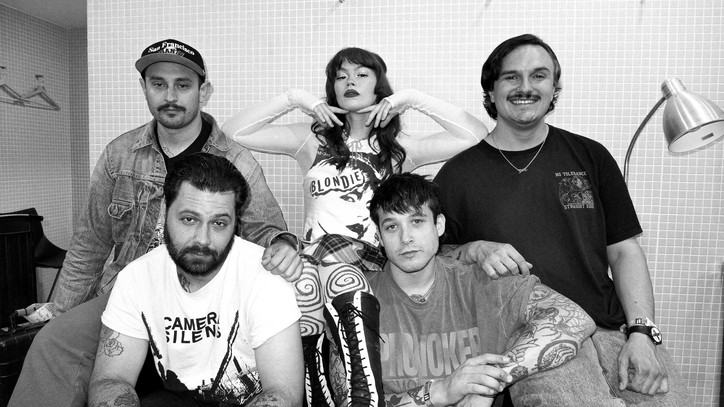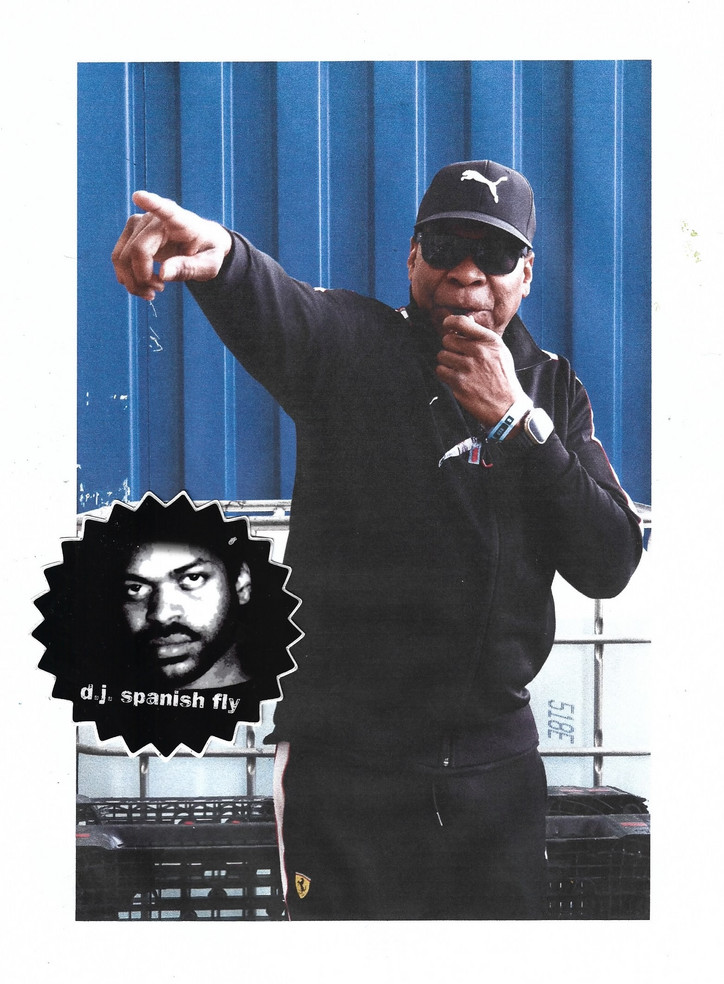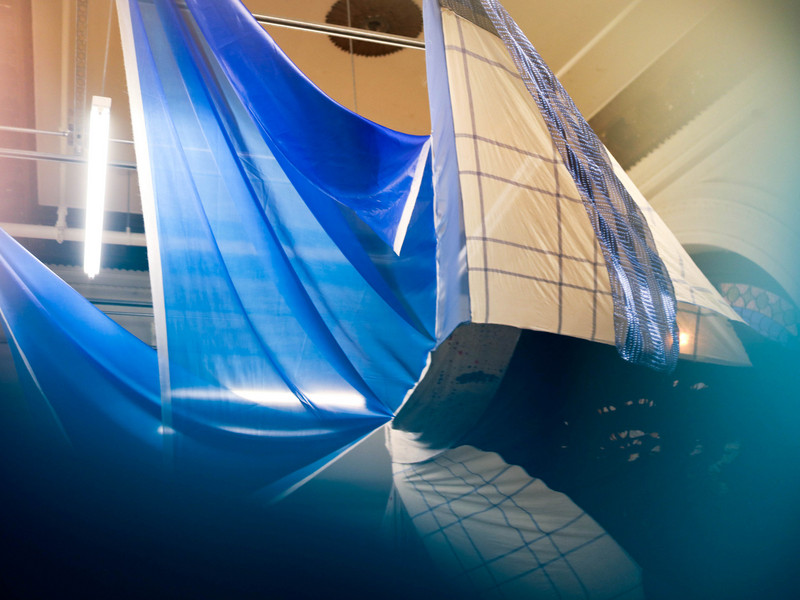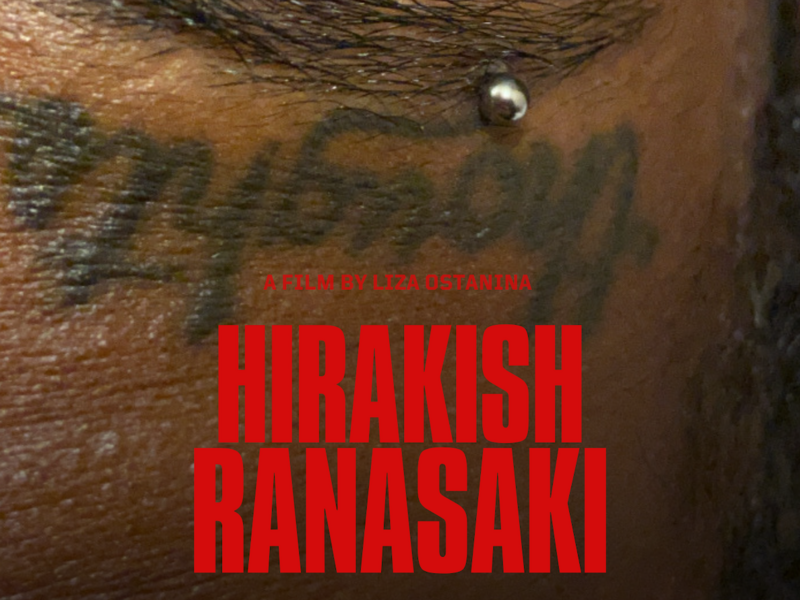Pierce Abernathy and Aerthship's Spring Tour Raises Funds for Gaza and Local Initiatives
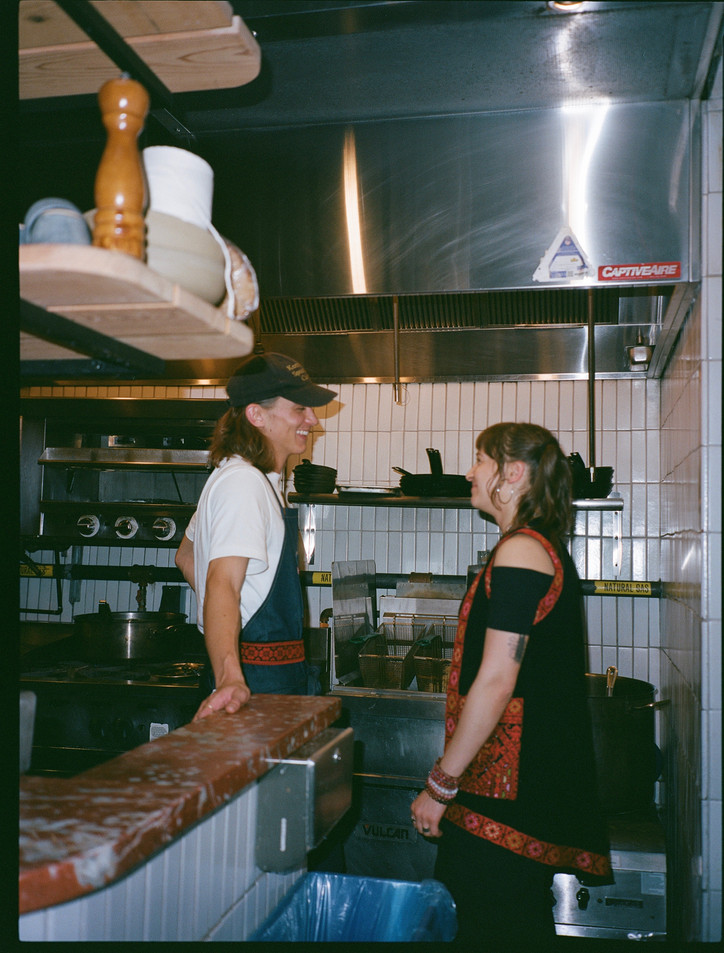
It was my first time at Winona's. I brought along two friends who live within walking distance. They hadn't met before, but one being Armenian and the other Lebanese, they immediately bonded over the menu, sharing memories, and eventually coos as food arrived on the table. For Nadia, "food is the purest, most direct path to someone's heart." A shared meal can bring people together. The dinner series achieved just that, while offering a new perspective on the Israeli occupation and genocide of Palestinians in Gaza. The deep connection between the Palestianian way of life and the land is evident in every dish, countering the frequent appropriation and misnaming of traditional Palestinian cuisine.
Reflecting on the growing curiosity about Levantine cuisine, Nadia considers "how our people are so focused on preserving tradition, with many forces trying to erase our people and our culture, even giving our food another name." She's "interested in what happens if we are not needing to preseve and protect first, taking traditions and applying them to new ingredients or creative ideas." Nadia introduced Pierce to this idea of 'future palestine', a menu beyond borders where her heritage and Pierce's Armenian's roots could intermingle, creating a "sliver of a moment where we start to imagine what a liberated future could taste like."
Over Memorial Day weekend, Pierce called Nadia up to discuss the first meal they shared, Nadia's idea of 'future Palestine', and the deep connection between the Palestinian way of life and their land.
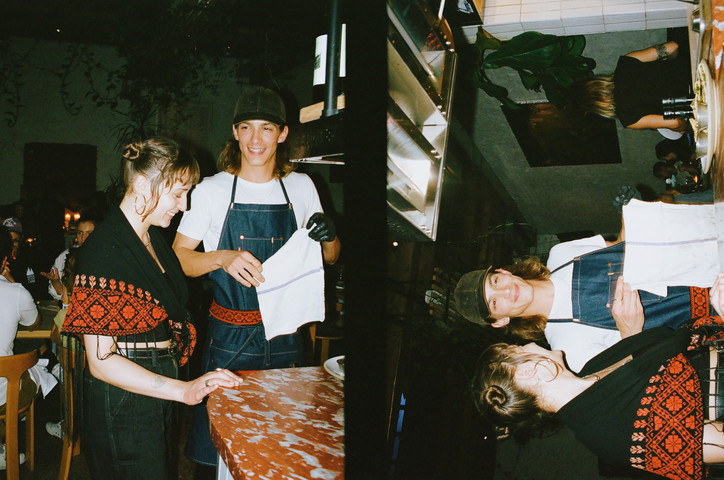
Pierce Abernathy — Ever since you first had us over for dinner about a year ago, I immediately fell in love with your food. It was so delicious and so nourishing. You made a salad with eggplant and yogurt similar to the beet one, maybe with walnuts, I can't remember, but it was so addicting. I couldn't stop eating it and it was so special.
You know, I love doing these pop ups because I love to engage with a community, and one of the reasons I love to cook is I love to show love and to share in that way, and you can't really do that online. As Tin and I were talking about doing this, this being such a community-focused thing for me, I really wanted to work with different people in the community, and we immediately thought of you — I was so happy that we made it work.
Nadia Irshaid Gilbert — Oh man, me too. That warms my heart so much. I love that that dinner was memorable to you. That was so special to me too, having such good people in the space and being able to cook for y'all. I was so honored and excited when Tin reached out about the tour this year. I love how the tour has expanded and evolved this year and that you’re bringing in more people. I want to know what the personal significance of this one was for you?
I'd say that, for me, food is one of the greatest and easiest ways to connect and understand and learn about a culture and with the genocide happening in Palestine, people are seeing so much destruction. Having an opportunity to collaborate with you and learn about your perspective on the food as your vision of the future of Palestine was such an interesting way to explore and learn and educate myself around Palestinian culture, food and history. It’s a great way to do something for people beyond raising money — nourishing, and a way to better understand Palestinian people through their dishes. I find that to be such an eye opening experience, and I feel very lucky to work with you and to be able to help deliver that experience to people.
Yeah, it was so beautiful. And I completely agree, I express that a lot — food is one of the most direct and easy ways to access somebody's heart. Sharing a meal, consuming the same thing together, especially when a lot of love was put into it with your hands is one of the easiest ways to get on this mutual level with people simply as beings that need to nourish themselves. Returning to that single primal human need together can carry so much significance. It's such a powerful medium to work with and to share with people, especially when served with the intention and invitation for people to look deeper and connect with each other beyond the surface level. I feel like we were able to provide a space that invited that, allowing people to connect and imagine something new together.
Yeah, absolutely. I think when you're making people food, there's this inherent vulnerability that you're sharing, as in, I have the confidence or the desire to nourish you in this moment. And at least from what I've seen, what I really love is people who are eating, who are being nourished, understand this vulnerability and open themselves up to this vulnerability, whether it's through conversation or the experience. There are conversations that can happen at dinner that wouldn't be able to happen anywhere else. There's something about that experience that opens people up in such interesting ways, which I love. That’s addicting in its own way, whether I'm cooking or whether I'm eating.
Totally. There's this softening that happens when you share a meal with people, and that's often taken for granted and not utilized to its full potential. That's something that I think is really exciting when you can, especially at a moment like this, where there's just so much misunderstanding and polarization. When you can gather people and nourish their souls and teach them through that and enable them to teach each other, that's really something powerful.
I would love to know more about how you came up with this menu, and this idea you talked about of ‘future Palestine’.
It really started from a place of wanting to operate in a hyperlocal, hyper-seasonal way. I feel like that’s a value that we both carry in how we like to cook and the way that we like to interact with food and serve it. It’s really the future — we both understand that returning to the land and connecting to the earth and the local environment through what we eat is an important way of being. And that's also inherently a Palestinian value because Palestinian cuisine changes depending on what is in the immediate area... working hyper-locally and in-season is a way of connecting with the heritage of living off the land.
Then, this idea of future Palestine came from this sense that people are becoming more and more curious about the cuisine of the Levant and what it looks like. I wanted to give people an experience that was different than what they would expect to see, dishes that highlighted what was really shining from the land at this moment. When I think about 'future Palestine', I think about how our people are so focused on preserving tradition in light of so many forces at work trying to erase our people and our culture, even giving our food another name. I’m interested in what happens when we don't need to preserve and protect first, free to imagine new possibilities, taking traditions and applying them to new ingredients or creative ideas. Also incorporating some of these Armenian flavors, breads, dishes, and pieces into the meal is part of that because I believe the future is not so strict and full of borders, but rather borderless, allowing us to mesh with each other because that's what's happening globally anyways.
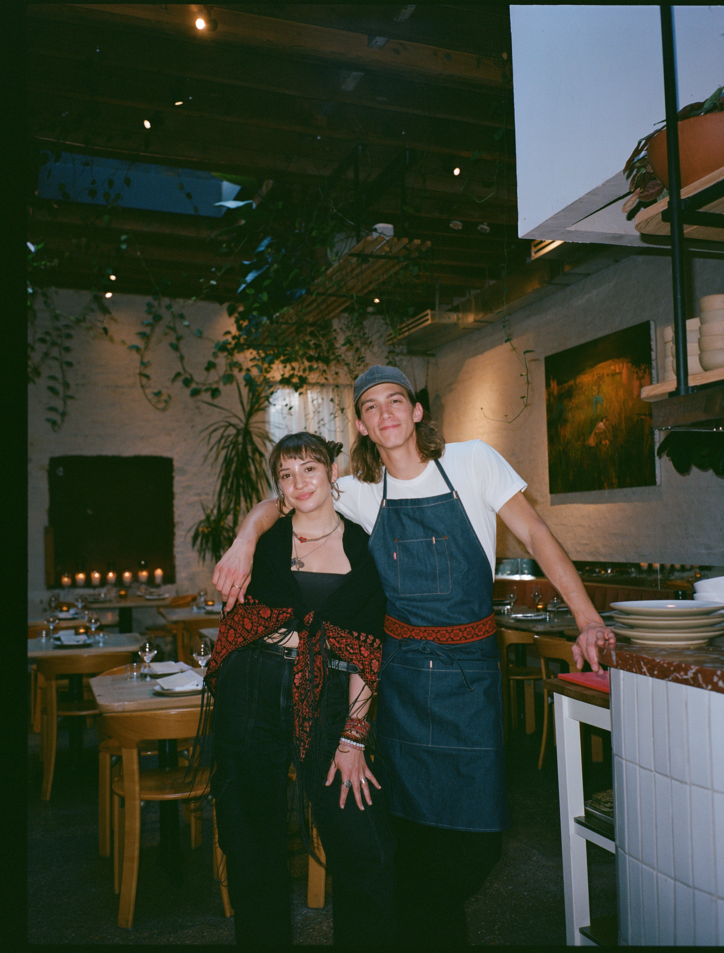
Yeah, that's so powerful. You make such a good point, this idea of reinventing cuisines is such a luxury, and it's something that certain people take for granted with Palestinian cuisine. I was speaking with this other Palestinian chef who mentioned wanting to create a cookbook filled with traditional Palestinian recipes. He's been going around talking to all of these grandmothers, trying to preserve the history of these recipes so that they don't change. As much as we want to reinvent and look forward, I'd say that it's as important and maybe even our inherent responsibility to preserve and protect, and you did such a great job with the menu, putting your own spin on a lot of these classic dishes.
Well, thank you. I don't know if the word is balanced, but that reverence for our ancestry and honoring our past while integrating it into what we create in the future, that's where magic happens. That's where we innovate, not to make something better, but to allow ourselves and our unique experiences to shine through in what we create and the way that we communicate a message or connect people through food. That's where the present of who we are actually comes through and something really beautiful can be created.
I feel that so much. Ever since I received my great aunt's cookbook, it's been one of my most sacred items, and it's something that I've thought about so much. I would love to republish it and share my own takes on the recipes, side by side with the original recipes. And yeah, I think what you said is so powerful. We have to look forward and we have to look back to be right here in the moment.
You all gave me a lot of creative freedom to start a summer with the menu, which was such a gift, so freeing and exciting, and I loved everything that you introduced. I'm wondering what influenced any of the choices you made.
I really wanted this to be your moment. I was happy to jump in and help as much as possible, but really wanted to give you the creative freedom.
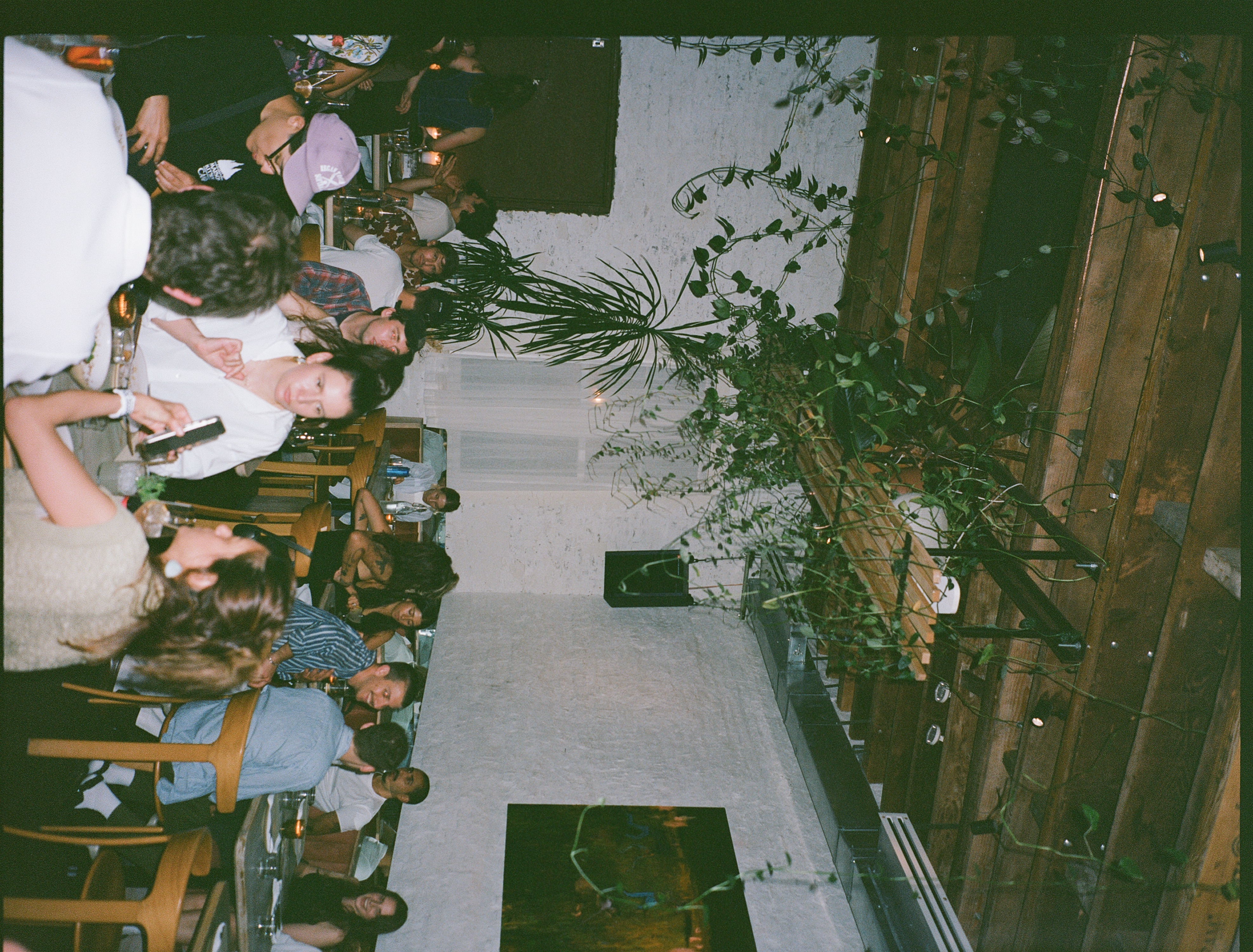
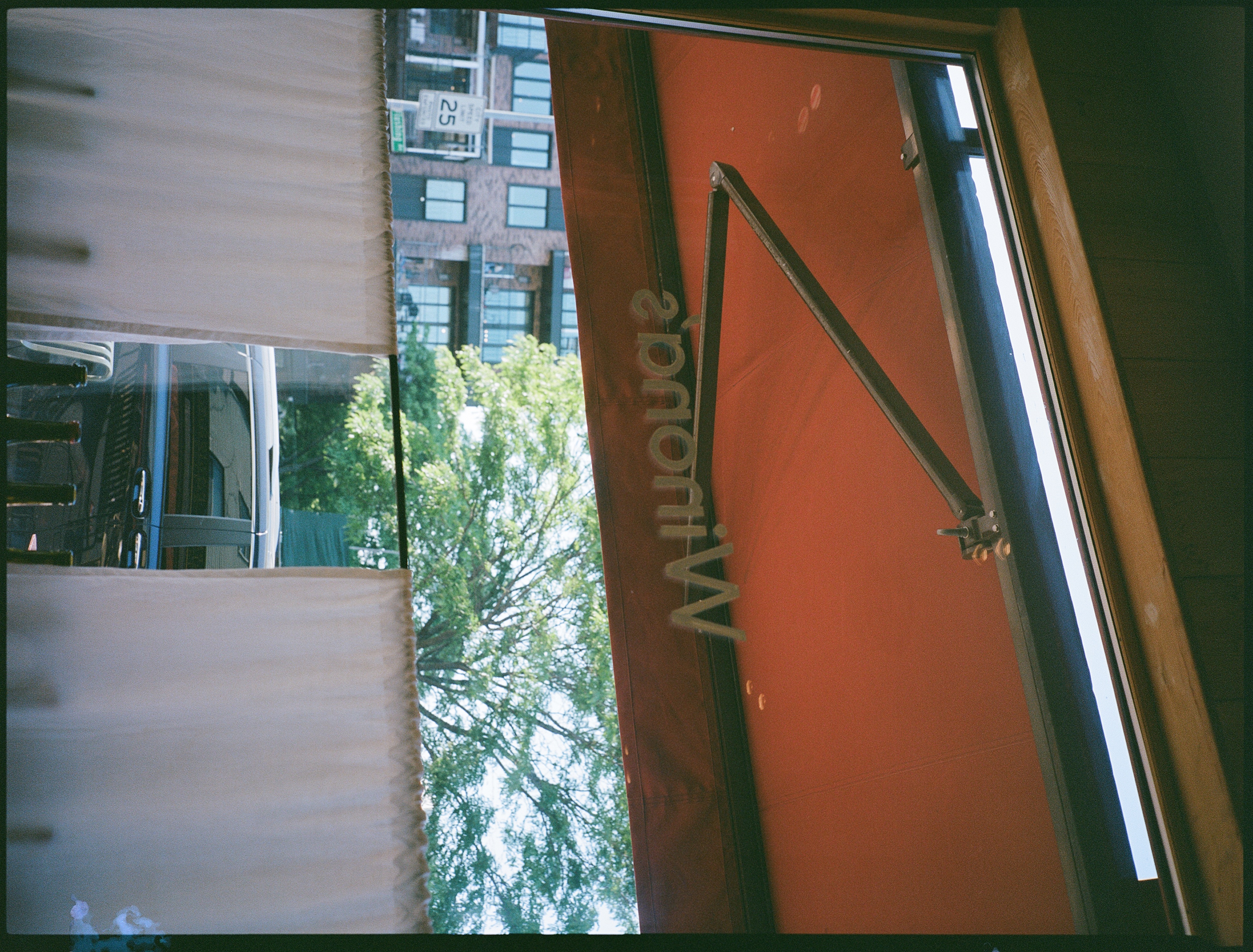
As we started developing this first dish, A Taste of a Land, I became really obsessed with Armenian string cheese. I made this variation of marinated string cheese on last year’s Spring tour as well and it's become a staple in this rotation when I do some events. I didn't really eat it too much growing up, but as I started to learn more about it, I was talking to my grandmother who's Armenian, and she told me this story that she, her sisters and brother would sit around when they were kids and unravel the string cheese, competing to see who could peel the thinnest string cheese. And I just loved that. It was like a game. The day before our first night, three or four of us spent three hours sitting at a table peeling string cheese. There’s something so funny and young and nostalgic, even for people who haven't had it before to do that. The spices that I marinated the cheese in are very much flavors from both Armenian and Palestinian cuisine.
Then of course, bread is such an important staple in the Levant, it’s at every meal, and everyone knows how to make bread. We were building this menu around love and sharing this part of ourselves, and for me, there's something really special about making homemade bread. One of my recent favorite dishes is this herb stuffed flatbread called Jingalov Hats. Two dishes that feel nourishing and are a great way to start a meal.
Yeah. Oh man. I loved that moment when you were all sitting around a table chatting and pulling string cheese. It was a beautiful little familial moment, and it was so sweet. I feel like it captured the soul of both of our cultures in coming around a table together and taking your time preparing something with your hands and with love. I love that first dish too. It was such a beautiful marriage of our cultures, showing the parallels in the ways that we eat and the ways that we use our hands and interact with food to connect with the earth.
One dish that I couldn't get over were these damn chickpeas that you made. I am someone who loves simple food, and I was so blown away by the flavor that you brought out of what I'm assuming and what I saw was such a simple dish. Can you talk a little more about that one?
Yeah. That dish is a relatively new one for me to make, but it is really similar to a very iconic Palestinian dish called Musakhan, which is chicken marinated and cooked with a lot of sumac and caramelized onions. It's this really bright taste of sumac that is so iconically Palestinian, and it's served in a very similar way. When I recently learned about Sumakkiyeh, which is this chickpea and lamb stew — Sumakkiyeh really just means it's a sumac stew, and you really highlight that bright citrusy flavor. There's something really nostalgic about it and I love its simplicity because it's really a dish of the people, especially because you can make it without meat. When meat’s very expensive but you have sumac, it's a dish that is accessible really to any people. And I think it is just something I love to make both to honor the people of Gaza and also to honor the kind of innovative simplicity that Palestinian food often has. And I'm so happy that it turned out so delicious and that you loved it so much because it's also my hands and my love going into the dish with simple ingredients and good sumac. It's allowing the ingredients to speak for themselves that makes it so special.
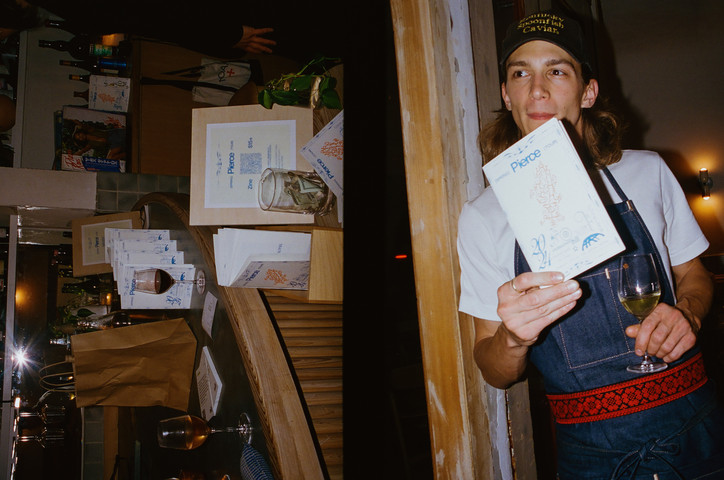
I’m also curious to know how you’re feeling more generally after the experience.
My heart is feeling so good and so hopeful after this experience. I think it's so meaningful to do something like this with such a wonderful group of people who really care and have such good hearts and the determination to create such a meaningful experience for everyone who came. Also the support that we had and the way that we were able to just gather such cool people who are all out for Palestine and for this idea of possibility and liberation meant a lot. Experiences like this are very, very meaningful to me, and it was truly such a gift to work with you and this team to create just a little sliver of a moment where we start to imagine what a liberated future could taste like and what's possible when we don't have these walls between us. I'm still all mushy from the whole thing.
Yeah, me too. There were just so many moments. I was there at service, seeing you and the energy that you were giving and all the tables you were talking to, and I felt overwhelmed with emotion in such a positive way. The menu really reflects everything that we've talked about. I'm just super happy that you wanted to work together, and I hope we can continue to in the future. Experiences like the last two days are really why I love to do these pop ups, and I couldn't have asked for a better one. Thank you.
Thank you. And inshallah, more to come. It was so much fun and makes me excited about what else is possible.
Yeah. Okay, well enjoy the rest of your lovely Memorial Day weekend. I'm glad we got to get a little emotional on this Sunday, and I can't wait to eat more of your food.
Oh man. Me too… And thank you.
Of course. Okay, enjoy the beach.
Thanks. I will. Enjoy LA. I'll talk to you soon.
Take care. Bye.
